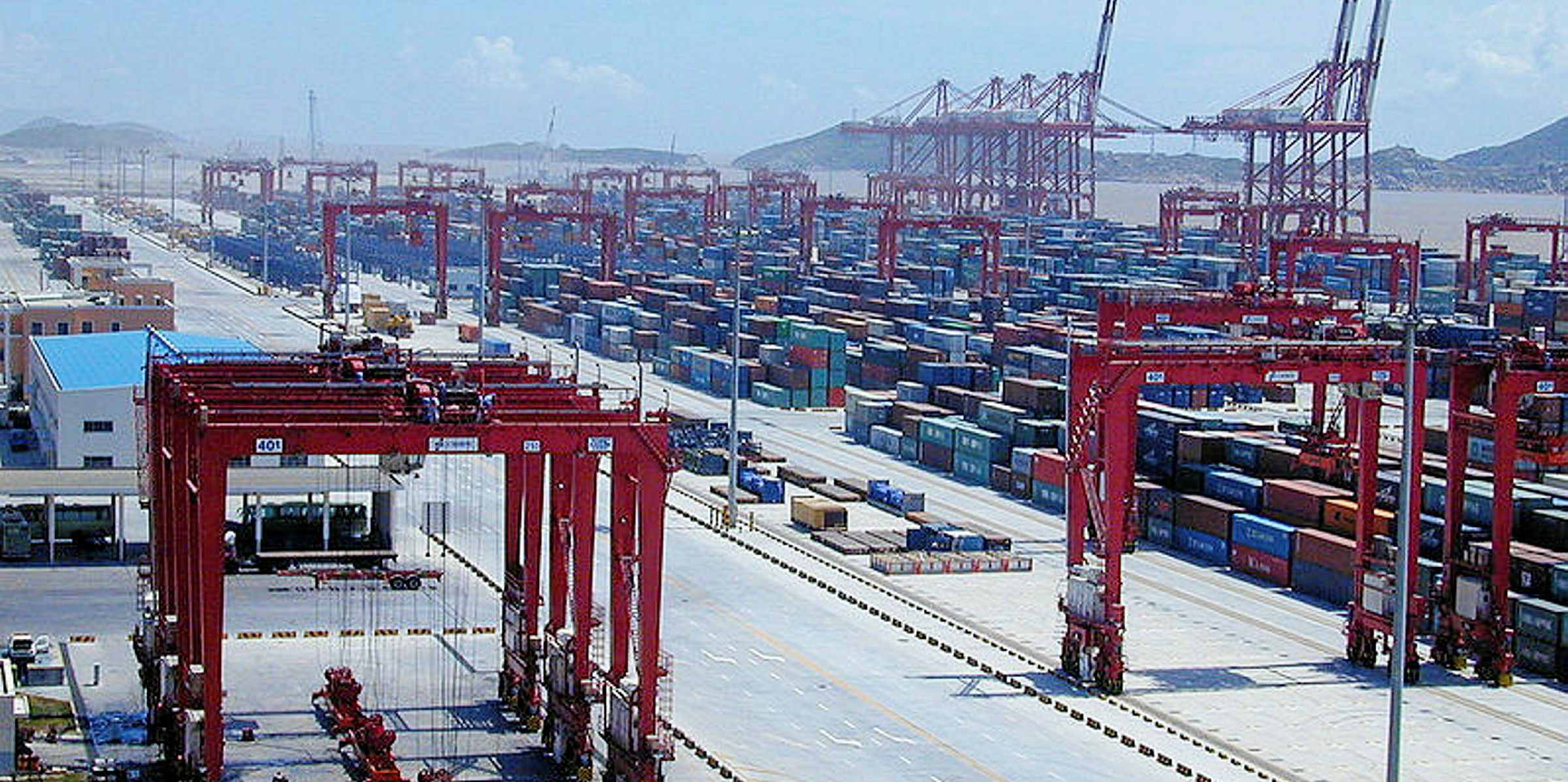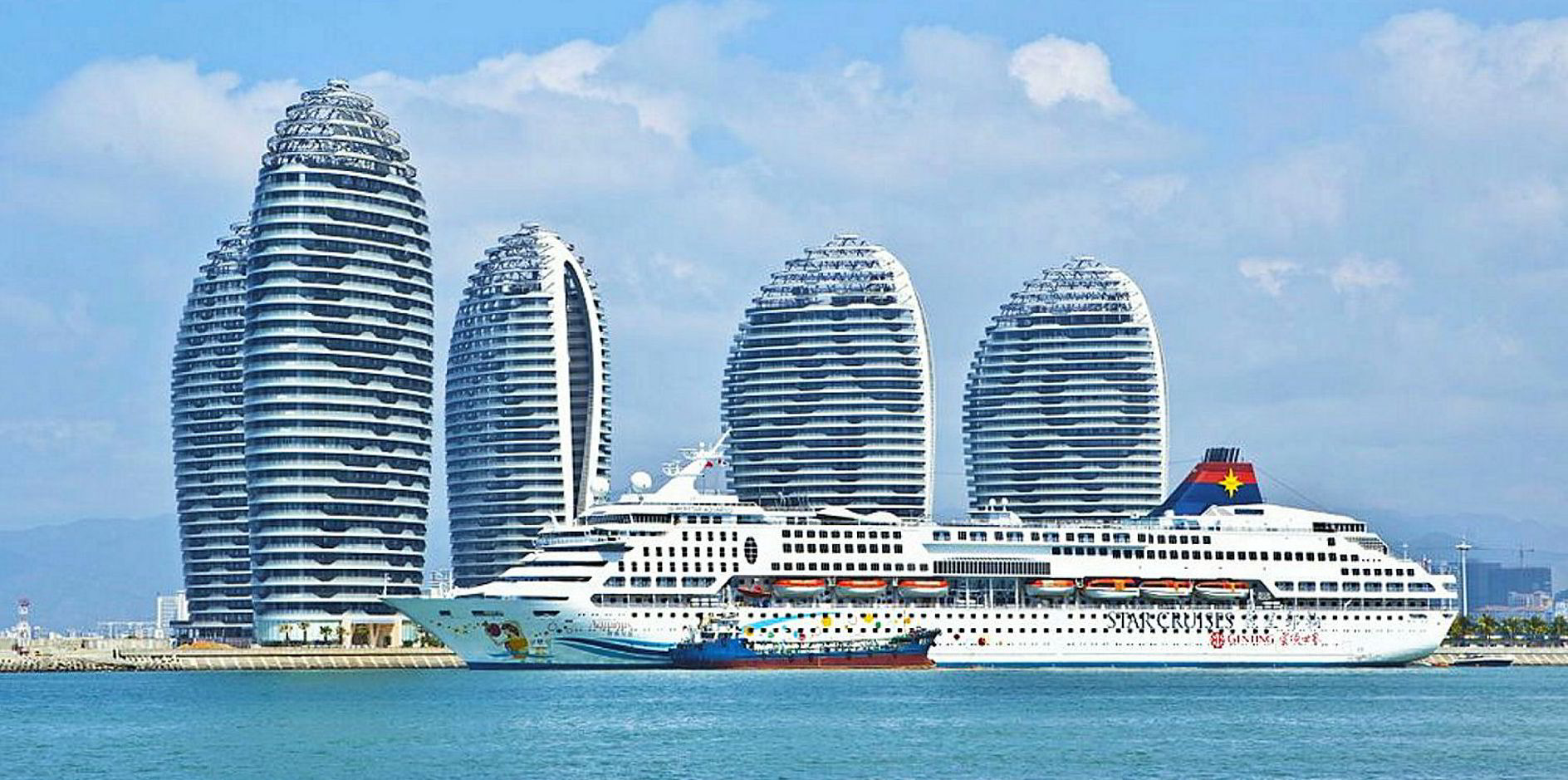Shipping is facing a black swan event in the form of a new, deadly coronavirus. And its impact may reach beyond the financial side.
With the death toll continuing to soar, much of the industry’s attention has focused on how shipping demand would be negatively affected.
This is not surprising. Having originated in Wuhan, central China, the virus has hit the world’s largest seaborne trading nation the hardest.
As of Wednesday, China confirmed nearly 6,000 confirmed cases and more than 130 deaths nationwide, and authorities warned that the epidemic is accelerating.
In 2019, the country was responsible for 22.8% of the world’s crude trade by sea and 71.4% of iron ore, according to Clarksons.
By handling volume, seven of the largest container ports globally are in China. It also boasts the world’s fastest-growing cruise market.
Therefore, a prolonged slowdown in China's economic activity will hit multiple shipping sectors.
So far, the most obvious impact has been on oil demand.
China has restricted air, land and river travel in the country in a bid to contain the outbreak, which is affecting demand for transport fuel during the Lunar New Year holiday — traditionally seen as the largest annual human migration, with Chinese citizens visiting families and friends at home and abroad.
This has pressured the earnings of crude and product tankers, as charterers take it slow and wait for demand signals.
Bulker players are already having a tough year, with freight earnings struggling to stay in excess of operating expenses amid persistent oversupply.
The spread of the virus may also delay the construction season, which would result in lower imports of raw materials, spelling more bad news for shipowners.
On the cruise side, Costa Crociere, Royal Caribbean International, MSC Cruises and Genting Cruise Lines have all suspended sailings to and from China until at least early February.
Health matters the most
Looking beyond the bottom line, vessel owners, operators, managers and charterers also have a moral and legal responsibility to help prevent the epidemic spreading via sea routes.
On a daily basis, dozens of ships call at Chinese ports, where many confirmed cases have been reported.
At the time of writing, official figures suggested at least 66 cases in Shanghai, 24 in Tianjin and 207 in Guangdong.
Health experts have warned the actual number of those carrying the virus could be much higher. Earlier this week, the University of Hong Kong's Li Ka Shing Faculty of Medicine suggested there could be close to 43,600 patients in Wuhan alone.
The virus has also reached at least a dozen other countries in Asia, Europe and North America, where the numbers of confirmed cases are limited so far. But the Li Ka Shing faculty suggested that regions with the closest links to major Chinese ports should prepare contingency plans.
The Maritime Labour Convention generally only requires cargo carriers to have at least one seafarer onboard with medical training, rather than a doctor. But the convention also states that appropriate healthcare for crew members needs to be ensured.
Shipping companies should at least establish guidelines to deal with potential infections onboard. Further training for seafarers is also required
Given the circumstances, shipping companies should at least establish guidelines to deal with potential infections onboard. Further training for seafarers is also required.
The industry is not completely inexperienced in this. Counter-measures for Ebola and severe acute respiratory syndrome — or SARS — earlier this century can be referenced.
In the public sector, flag states and port authorities should also step up their efforts in health checks and limiting the chances of the virus spreading via sea trade.
Those measures will most likely lead to higher expenses for shipping companies. Law firm Hill Dickinson has also warned that disputes over charter terms may arise from the infection of crew members, quarantine measures and closure of ports.
But the shipping industry needs to join the containment efforts as early as possible. There is no excuse to only act after the first seafarer is infected.
If the Chinese epidemic becomes a worldwide pandemic, the costs would be much higher — not only in terms of freight income, but human lives.









